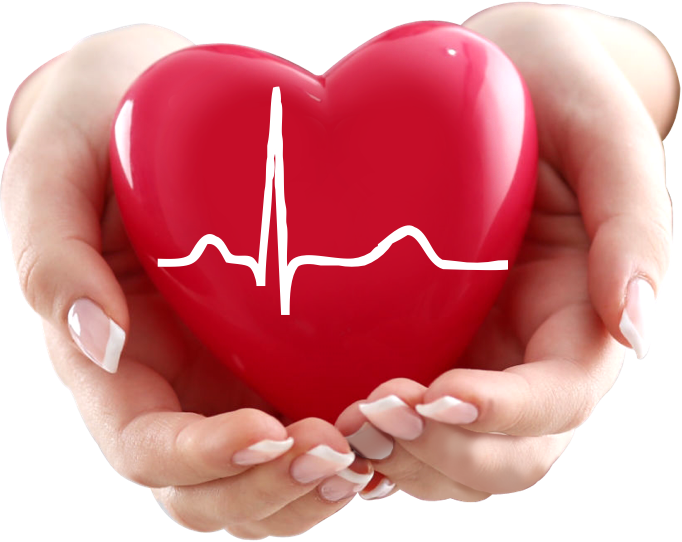
Today’s Cardiac Care Challenges and Opportunities
Care for and monitoring of cardiac diseases is a major challenge for the health community. Currently thirty eight percent (38%) of deaths worldwide are attributable to cardiac disease and the associated cost of cardiac disease management is exceeding $1T per year. Exasperating the situation, the ratio of population to specialists is in the range of 10,000 to 1 in the USA (higher elsewhere) creating challenges in making critical clinical decisions during the “golden hour” of a cardiac event.
Additionally, according to Dr. Nelson B. Schiller, MD, FACC, FRCP “Standardized auscultation tests given to medical students and fellows have found auscultation is either not taught well enough or students have difficulty learning it. Results show that only 30% of medical students tested are able to detect typical heart sounds and murmurs versus the internal medicine residents getting up to 40% while Fellows reach into the 50 -60% range.” In addition, according to Dr. Paul Rosen in his recent HealthcareSuccess.com blog “At the medical school at Stanford University, 35 percent of graduating students are forgoing residency training and taking jobs in start-ups instead. The cultures they see outside of health systems resonate more with their values.” Also, according to Rosen “in the area of patient safety, over 400,000 deaths in hospitals are due to medical errors each year, making medical errors the 3rd leading cause of death in the Unites States.”
These challenges are being overcome with recent advances in medical imaging along with increased computational power and the advent of mobility, wireless and other technologies. This now allows patients to be treated and monitored more precisely and effectively and in ways that better meet their individual needs.
HD Medical’s HD Steth comes at a perfect inflection point as healthcare is shifting and focusing on wellness and prevention rather than treating patients after an incident.
